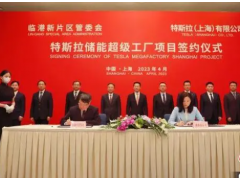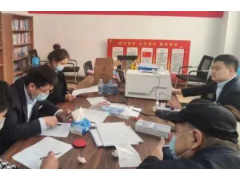Today (11th), China and Ecuador officially signed a free trade agreement, which is the first free trade agreement signed between Ecuador and an Asian country.
After a year of consultations, the China-Ecuador Free Trade Agreement was formally signed today by the relevant departments of the two countries via video.
The China-Ecuador Free Trade Agreement includes a preamble and 17 chapters. Through the Free Trade Agreement, China and Ecuador will achieve a high level of mutual opening up and promote the all-round improvement and upgrading of China-Ecuador economic and trade cooperation.
The China-Ecuador Free Trade Agreement is the 20th free trade agreement signed by China, and Ecuador has become China's 27th free trade partner and China's fourth free trade partner in Latin America after Chile, Peru and Costa Rica.
China and Ecuador will mutually cancel tariffs on 90% of tax items
According to the relevant person in charge of the Ministry of Commerce, the China-Ecuador Free Trade Agreement has made mutually beneficial and win-win arrangements in many aspects such as tariff concessions for trade in goods, customs procedures and trade facilitation, and investment cooperation.
According to the concession arrangement of the free trade agreement, China and Ecuador will mutually cancel tariffs on 90% of the tax items, of which about 60% of the tax items will cancel tariffs immediately after the agreement takes effect.
China's zero-tariff products will fully cover Ecuador's main export products. After the agreement takes effect, the tariffs on Ecuadorian bananas, white shrimp, fish, fish oil, fresh and dried flowers, cocoa and coffee entering the Chinese market will be gradually reduced from the current 5% to 20% to zero.
At the same time, Ecuador will also implement zero tariffs on major Chinese export products. After the agreement takes effect, when most products such as plastic products, chemical fibers, electrical equipment, automobiles and parts made in China enter the Ecuadorian market, tariffs will be gradually reduced and eliminated on the basis of the current 5% to 40%.
Yu Benlin, Director of the International Department of the Ministry of Commerce: The two sides promised to further strengthen customs cooperation on the basis of WTO rules. At the same time, the two sides will also strengthen investment information exchange, improve the transparency of the investment environment, simplify the application and approval procedures, and provide efficient and convenient services for enterprises.




